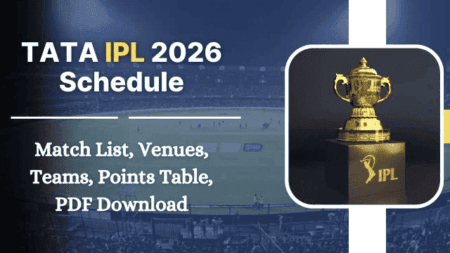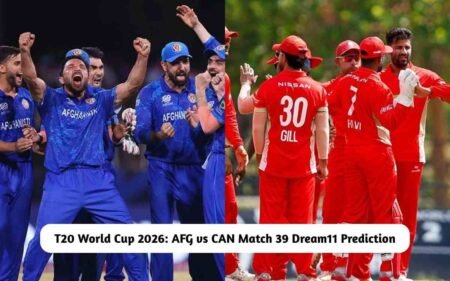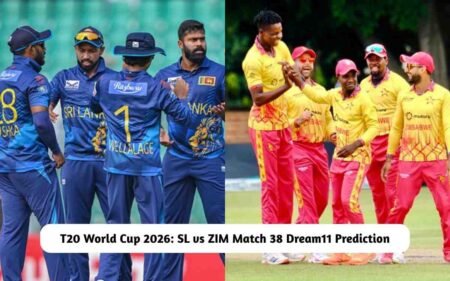Every time India and Pakistan meet on the cricket field, the contest goes far beyond the boundary ropes. But this year, the much-anticipated Asia Cup T20 clash has sparked a heated debate across India.

Following the tragic Pahalgam terror attack, which claimed the lives of 26 people earlier this year, many voices – from political leaders to ex-cricketers and families of victims – demanded that India boycott the match against Pakistan.
The Call for a Boycott
The anger is understandable. For many citizens, watching India line up against Pakistan so soon after a devastating terror attack feels wrong. Protests have been staged in several cities, hashtags like #BoycottINDvPAK are trending, and opposition leaders have slammed the government, calling the decision “a betrayal of martyrs.”
Former players, too, have added to the debate. Some ex-cricketers argue that cricketing ties should be frozen until Pakistan takes visible steps against terrorism. The emotional pitch is high, and the pressure on the BCCI is real.
Why the Match Will Go Ahead – Government’s Explanation
BJP ministers and BCCI officials have stepped forward to explain why India is not walking away from the Asia Cup fixture. Here are the key reasons:
1. Bilateral vs Multilateral
- India has stopped bilateral cricket series with Pakistan for years. There are no tours, no home-and-away Test matches, and no bilateral T20s.
- However, multilateral tournaments like the Asia Cup and World Cups are different. India is a member of the Asian Cricket Council (ACC) and the International Cricket Council (ICC). Skipping matches in these events could lead to fines, forfeitures, or even disqualification.
2. Tournament Rules
- In global tournaments, teams don’t get to pick their opponents. If India refuses to play, it could hand Pakistan points by default, damaging India’s chances of progressing in the tournament.
- BCCI officials warn that boycotting could also affect India’s ability to host future ICC events, something the country takes pride in.
3. Separating Sports from Politics
- Union ministers like Anurag Thakur have stressed that the government views terrorism and sports as separate issues.
- The argument is that refusing to play won’t stop terrorism – but it could hurt India’s standing in the sporting world.
4. Fairness to Players and Fans
- Players have trained hard for this tournament, and millions of fans look forward to an India-Pakistan clash. Denying them the chance, the government argues, would be unfair when the fixture is part of an international schedule India already agreed to.
Critics Remain Unconvinced
Not everyone buys this explanation. Opposition leaders like Uddhav Thackeray and Asaduddin Owaisi say that India cannot claim to be tough on terrorism while continuing to play cricket with Pakistan. For them, even in a multilateral setting, cricket is a symbol of normal ties—and those ties should be frozen until Pakistan takes responsibility.
Families of the Pahalgam victims have echoed this sentiment, arguing that the match will feel like an insult to their loss.
India’s Balancing Act
India’s official stance is now clear:
- No bilateral cricket with Pakistan.
- Yes to multilateral tournaments, but strictly under international obligations.
This approach, officials argue, allows India to send a strong political message without isolating itself from world cricket.
What It Means for Fans
Whether you agree with the boycott calls or not, one thing is certain – when India takes on Pakistan, emotions run high. Stadiums will be packed, television ratings will break records, and millions around the world will tune in.
But beyond the runs and wickets, the match has become a symbol of something larger: the clash between emotions and obligations, between national pride and global rules.
Final Word
India is not boycotting the T20 match against Pakistan because, in the government’s view, international sporting obligations must be honoured. While bilateral cricket remains off the table, multilateral events like the Asia Cup leave India with little choice.
Still, the debate highlights how deeply cricket is tied to national sentiment. For many, this isn’t just about sport—it’s about memory, justice, and identity. As the players take the field, the political storm outside ensures this match will be remembered as more than just another India-Pakistan encounter








